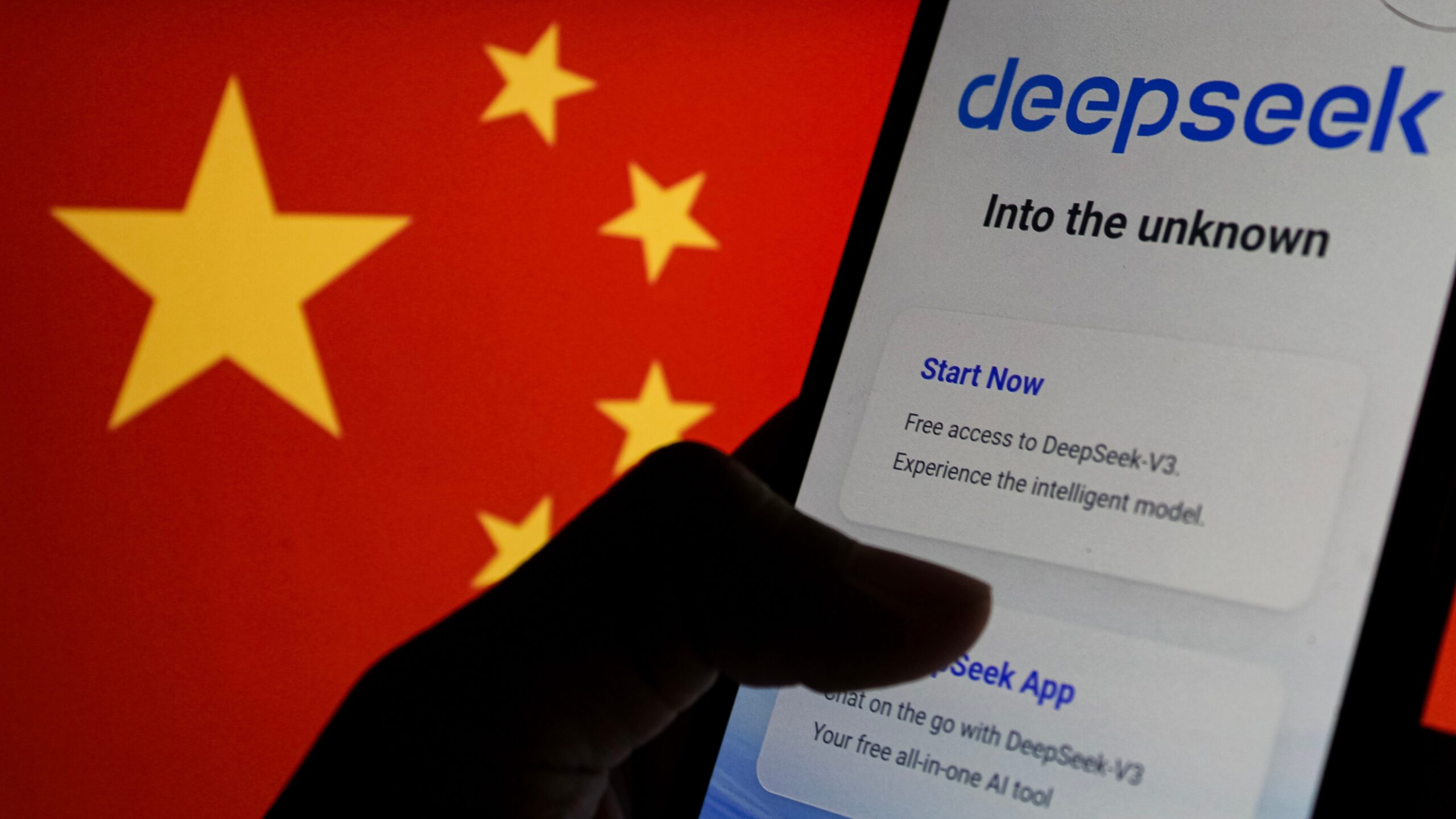

The country occasionally known as the Czech Republic has banned DeepSeek over concerns about its large language model (LLM) and eponymous chatbot sharing information with the Chinese government.
DeepSeek was founded in 2023, but it didn’t attract many headlines until the global launch of iOS and Android apps in January. The company said its LLM offered numerous advantages over its Western rivals, including more efficient resource usage borne from low-level optimizations, and it didn’t take long for its app to dethrone ChatGPT from the App Store’s rankings.
U.S. lawmakers were quick to warn that DeepSeek represented a national security risk due to its ties to the Chinese government. Czechia is now following suit and will be limiting access to the company’s wares.
The National Cyber and Information Security Agency (NÚKIB) said in a July 9 report (hat-tip The Record ) that “based on facts established during the exercise of its powers, supplemented by unclassified and classified information obtained from domestic and foreign partners, [it] concluded that the use of [DeepSeek’s products] constitutes a cyber security threat.”
NÚKIB’s report cites various Chinese regulations, including the National Security Law, National Intelligence Law, and Counter-Espionage Law, among others, as cause for concern because they all require China-based companies to make certain information about their users available to the Chinese government regardless of where the users themselves are located.
The agency also notes that DeepSeek and its parent company High-Flyer have “deeper ties to the [Chinese] government,” which has conducted numerous espionage campaigns against Czechia. It’s not alone: CrowdStrike said in its latest Global Threat Report that in 2024 “China-nexus adversaries continued to operate in every sector and region across the globe, maintaining the scope of these operations while increasing their scale.”
This all led NÚKIB to conclude that “given the previous espionage activities, actions against the national interests of EU Member States and NATO Allies, the specifics of PRC legislation described above and the influence of the PRC government in Chinese companies, it is highly likely that the PRC will use the capabilities of DeepSeek’s products for intelligence activities.”
Get Tom’s Hardware’s best news and in-depth reviews, straight to your inbox.
So it’s banning the use of DeepSeek’s products in most circumstances. Exceptions have been carved out for security researchers as well as DeepSeek’s open source models—provided they can’t interact with the company’s servers. That means Czech people and organizations will have to self-host the models rather than relying on DeepSeek’s infrastructure.
Czechia isn’t alone in this ban: NÚKIB noted that similar restrictions on DeepSeek usage have been placed in New York, Texas, and Virginia as well as Australia, Canada, Denmark, India, Italy, the Netherlands, Norway, South Korea, and Taiwan. (It’s also been banned by the U.S. Navy and NASA; broader efforts to block it from the U.S. outright began in February.)
“Given the composition of this group of countries,” NÚKIB said, “it is clear that the concerns about DeepSeek’s products do not stem solely from a shared cultural environment or the geographical location of these countries, but they are rather a response following an objective identification and evaluation of the risk posed by these products. Moreover, it is almost certain that other countries will introduce measures against DeepSeek’s products in the coming months.”
Follow Tom’s Hardware on Google News to get our up-to-date news, analysis, and reviews in your feeds. Make sure to click the Follow button.


